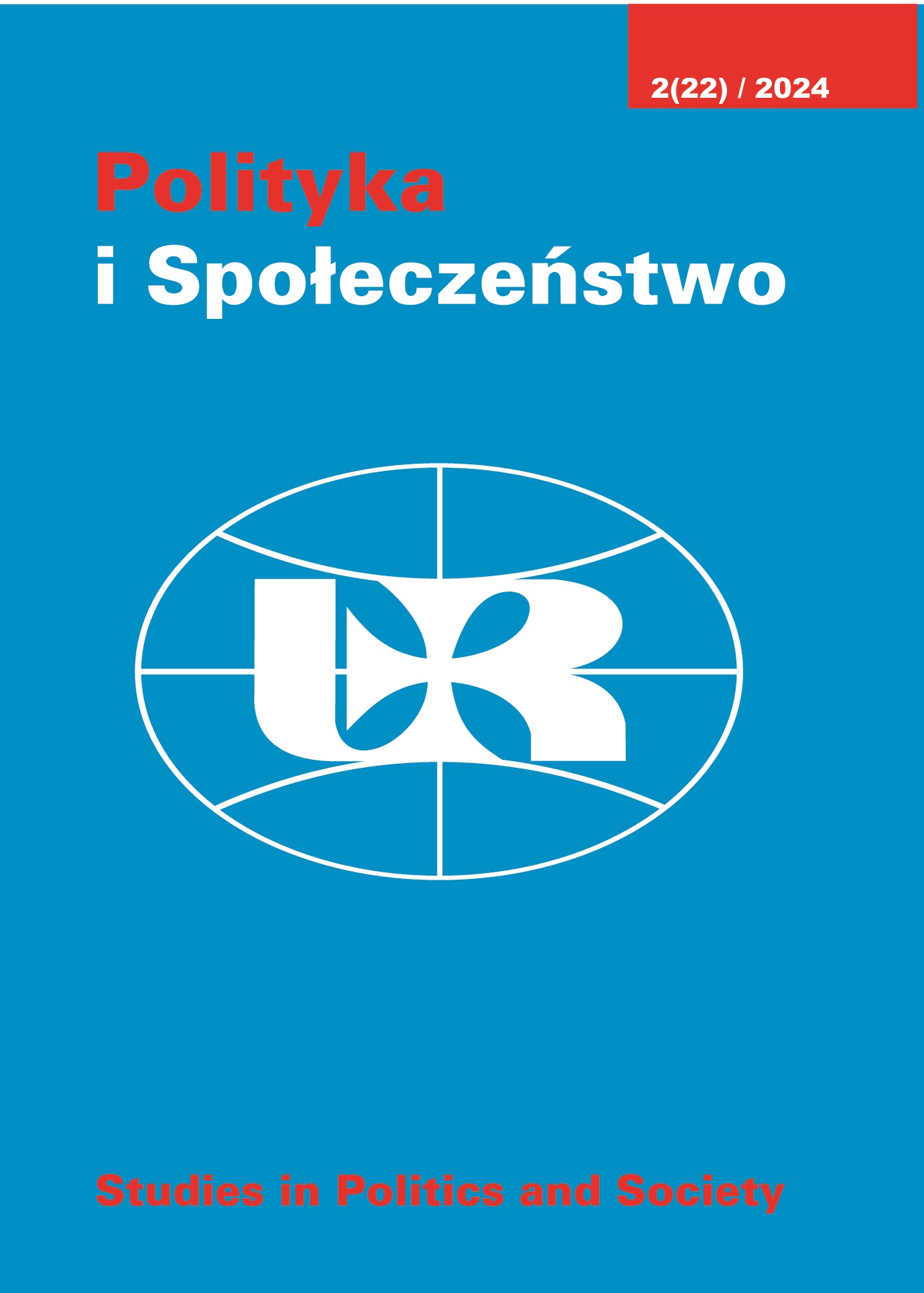The role of non-formal education in shaping the digital security of primary school students
DOI:
https://doi.org/10.15584/polispol.2024.2.19Keywords:
digital security, non-formal education, digital threats, primary school studentsAbstract
The article discusses issues related to the digital safety of primary school students in the context of threats arising from contemporary digital technologies. Nowadays, even younger students are increasingly exposed to risks associated with using the Internet. The current curriculum is packed with educational content, but finding space for effective education in the field of digital safety for students is crucial. The problem presented in the article suggests solutions in the form of non-formal education, as it is organized outside the formal education program. This allows students to consciously participate in the learning process and focuses on maximum activation, independence, and learning through practical action. Such an approach enables the implementation of various educational programs aimed at more effectively supporting the digital safety of primary school students. The article outlines major digital threats such as cyberbullying, inadvertent disclosure of personal data, addiction to electronic devices, phishing attacks, and unsafe online behaviors. The author also highlights the threats to students' mental and physical health in this regard. The article emphasizes the argument that non-formal education provides an ideal environment for addressing issues related to the digital safety of students. This is mainly because it is conducted outside of school by external entities, allowing for greater resources to be allocated to the use of the latest technologies. This enables the conduct of virtual simulations of online situations, educational games, and various discussion panels. The article concludes with a discussion of practical non-formal education programs supporting the digital safety of students. The author points out initiatives such as cyber-mentoring, safe Internet clubs, practical cybersecurity training, and workshops for parents. It is stressed that non-formal education is becoming increasingly popular and is supported by various social initiatives and government programs. The author argues that these programs are essential in a rapidly changing social and technological environment.
Downloads
Published
How to Cite
Issue
Section
License
Copyright (c) 2024 Polityka i Społeczeństwo

This work is licensed under a Creative Commons Attribution-ShareAlike 4.0 International License.


